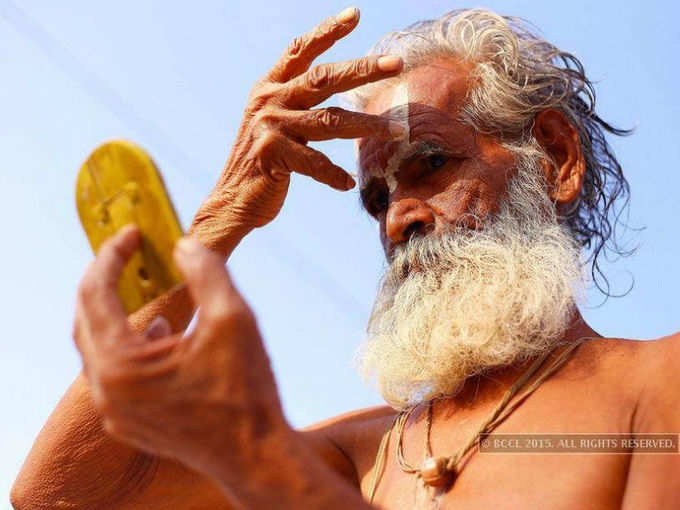 The world’s largest religious carnival, the Kumbh Mela in Nasik, will have a footfall of around three crore people this year. Apart from being a crowd puller, the magnificent event has also become a centre of attraction for tech companies like MIT, Nokia, Wikipedia, the Tata Center for Technology and Design, the IITs and Reliance Innovation Lab.
The world’s largest religious carnival, the Kumbh Mela in Nasik, will have a footfall of around three crore people this year. Apart from being a crowd puller, the magnificent event has also become a centre of attraction for tech companies like MIT, Nokia, Wikipedia, the Tata Center for Technology and Design, the IITs and Reliance Innovation Lab.The trendsetters and researchers from such tech giants are looking forward to the event-‘
The 30-day period will become a golden goose for them to test out frugal innovations that will, in the future, power the smart cities of developing economies.
Sophie Vandebroek, chief technology officer and president of the
Not just this, religious leaders like
Under the guidance of tech companies, students are hoping on to the Kumbh bandwagon with their ideas for startup. The two apps developed by them so far are Epimetrics and Meditracker. While Epimetrics attempts to curb the spread of epidemics by digitizing doctors' logs across the city, Meditracker acts as a '911' service alerting medical personnel in case of any serious injuries.
Another innovation gaining momentum at Kumbh is the concept of crowd steering with the help of mobile towers, a real-time system that not only shows the density distribution of a large crowd but also tracks the flow, allowing people to be redirected away from saturated areas. There are also low-cost pop-up housing systems that use industrial racks from cold storage to create multi-level habitable spaces for people, and Annadan, an innovative supply chain that diverts food donated to temples to those who are hungry, thus reducing food wastage.
Image: indiatimes
